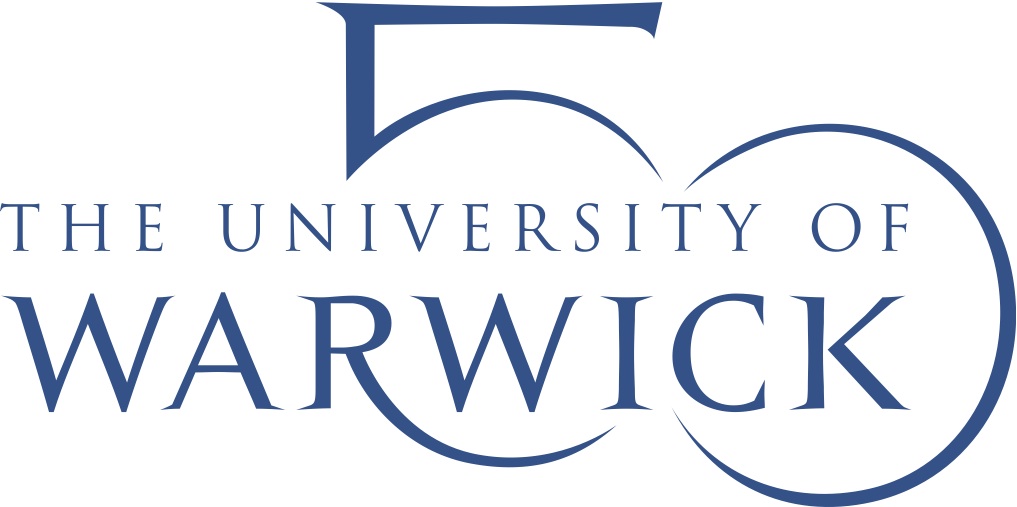Economics 360: Professor David Soskice

Economics 360: Professor David Soskice
Tuesday 18 Nov 2014David Soskice, LSE Professor of Political Science and Economics since 2012, speaks as part of our Economics 360 lecture series.
Date: Thursday 12th February 2015
Time: 5.30pm – 6.30pm (a drinks reception will follow)
Location: L4 (Chemistry)
"Knowledge Economies: A Comparative Political Economic Perspective"
Register
Registration for this event is compulsory.
The IT revolution has slowly (and in the 1990s and 2000s more rapidly) changed the educational and occupational demography of the advanced societies, the nature of jobs and the organisation of companies, the intensity and form of market competition and the central role of knowledge and innovation; much of this has been associated with the sticky geographic distribution of knowledge competences, the importance of skill clusters in major urban environments, and the location decisions of MNEs; in particular the role of women has radically evolved socially and economically.
These massive societal changes have been associated neither with the decline of the advanced nation state, nor with advanced democracy. On the contrary I will argue that globalisation, financialisation, the move towards market competition (but also towards regulatory agencies on a large scale), as well as monetary policy and central bank independence, were key and central strategic democratic decisions in the advanced economies directly and indirectly responding to the IT revolution.
These developments have been associated with significant increases in market inequality, which is explained in relation to the operation of labour markets within the knowledge economy. In particular outsiders and older men in routine employment have been vulnerable. We will see that the knowledge economy has changed the nature of party politics as decisive (middle-voters have generally rejected redistributive responses to counter growing inequality at the bottom; parties especially in the centre and the centre-left have sought to integrate women as a core constituency in place of blue collar semi-skilled males – and new populist parties have formed in consequence. Piketty is of course right that inequality has increased in recent decades, but he ignores poverty and the losers from knowledge economies; I argue that advanced democracies – and not the forces of advanced capitalism – are responsible for their plight.
Finally, I show that both coordinated and liberal market economies have changed radically as a result of the long shift from the Fordist world to that of the knowledge economy, but in very different ways. I will argue that the interlocking asymmetric equilibrium between coordinated and liberal economies which has resulted, in both macroeconomic management and patterns of export- and finance-orientation, has rendered the advanced world more vulnerable to crisis.
Professor Soskice's main research is on patterns of advanced capitalism, democratic politics and macroeconomics in the advanced nations with Torben Iversen, with whom he has written a sequence of articles in APSR, World Politics and QJE.
From 2007 to 2012 he was Research Professor of Comparative Political Economy at Oxford University, and Senior Research Fellow at Nuffield College, as well as Research Professor in Political Science at Duke University. Prior to that he was research director at the WZB in Berlin since 1990; and before that economics fellow at University College, Oxford.
He worked with Peter Hall on Varieties of Capitalism (OUP, 2001). With Wendy Carlin he recently published Macroeconomics: Instability, Institutions and the Financial System (OUP, 2014), and he is currently working with Nicola Lacey on crime and punishment in the US and the UK.
He gave the 2013 Federico Caffe lectures in Rome on Advanced Capitalism in Advanced Democracies: A Comparative Political Economic Framework for the Knowledge Economy. He worked in the Blair Policy Unit at 10 Downing St in 1997-8. He was Visiting Professor of Government at Harvard in 2007, the Forrest Mars Visiting Professor at Yale in 2004, and the Semans Distinguished Visiting Professor at Duke in 2001.
He was President of the European Political Science Association from 2011 to 2013. And he is a Fellow of the British Academy in the Politics section with cross-membership in the Economics section.
Each year we host Economics 360, an engaging lecture series presented by the Department of Economics and Warwick Policy Lab, which welcomes a diverse mix of speakers each year including alumni, policy makers, and academics. Our speakers give a different perspective on Economics and the series is designed to broaden education and to help students interpret what they have learnt in lectures and classes to some real world, interesting and important situations and subjects.

